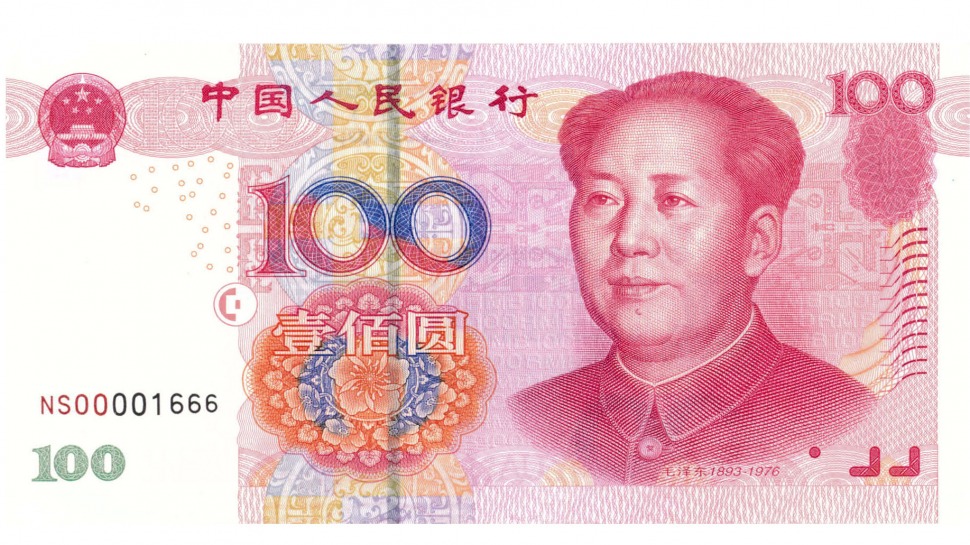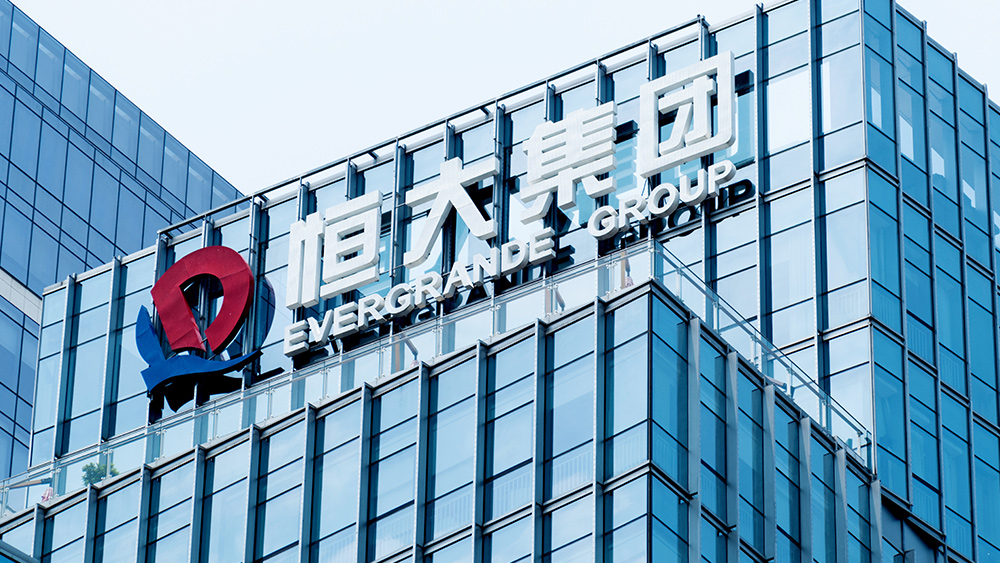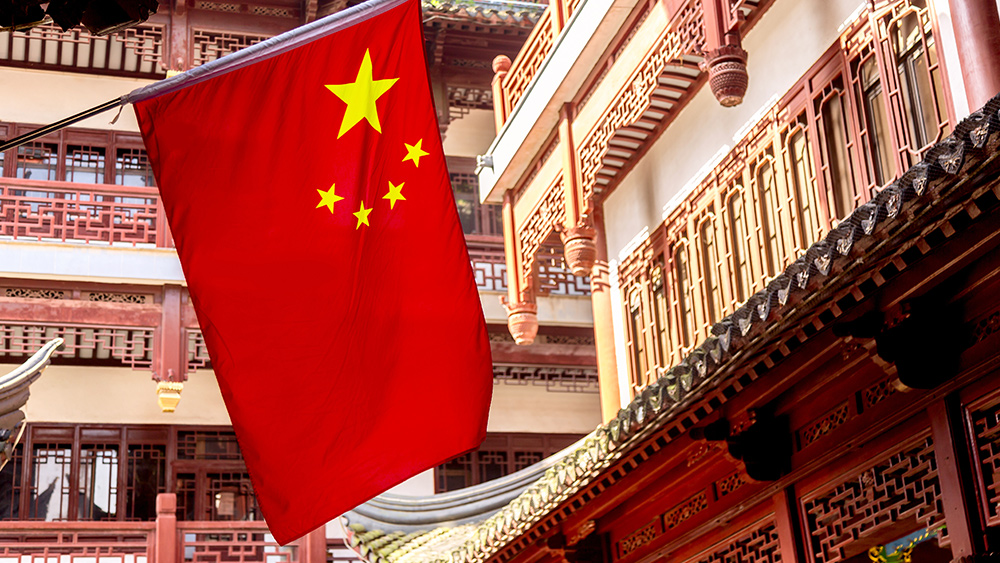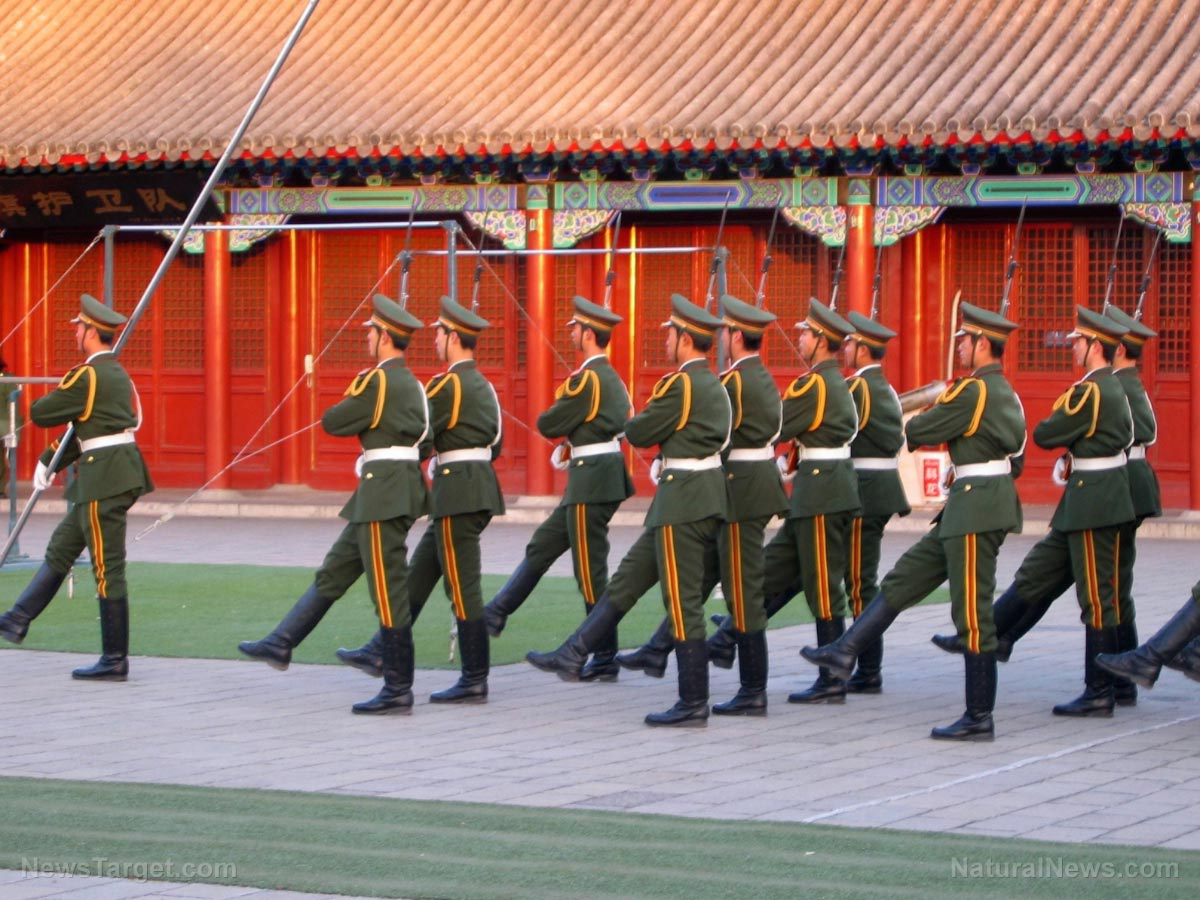China’s central bank attempting to spark growth in 2024 by SLASHING banks’ reserve requirements
02/06/2024 / By Ethan Huff

Last year was a lackluster year for China’s economy, so China’s central bank, the People’s Bank of China, is slashing the reserve requirements for banks in an effort to spark the appearance of economic growth in 2024.
With lower reserve requirements, Chinese banks will be able to boost lending to households and businesses, which the People’s Bank of China hopes will curb the nation’s stock market selloff while improving the broader economy.
Starting on February 5, the new lowered reserve requirements will take effect. This is expected to free up around one trillion Chinese yuan, the equivalent of around $139 billion, which can then be funneled into new loans.
It is a start, says Pinpoint Asset Management chief economist Zhang Zhiwei, but more is needed to keep China’s economy moving in a positive direction – or at least to make it appear as though China’s economy is on the up and up.
“It’s another step in the right direction, but monetary policy by itself is not enough to boost economic momentum,” Zhang says.
(Related: In 2022, Saudi Arabia shifted from the United States to China as its most “reliable partner” in international trade.)
Money masters barely holding things together
The timing of the announcement was something of a surprise in that many economists predicted that a cut in banks’ reserve requirements would come later in 2024.
It is also strange that Pan Gongsheng, who serves as governor of the People’s Bank of China, made the move and associated announcement himself by holding a press conference.
Usually, bank reserve requirement changes in China are telegraphed by China’s cabinet, known as the State Council.
The reserve slash marks the third such move in less than a year, and follows cuts of one-quarter of a percentage point on two separate occasions last year, one in March and the other in September.
This latest cut will move the average reserve requirement across all Chinese banks from 7.4 percent to around 7 percent.
Pan also revealed that the People’s Bank of China is planning to cut other key rates linked to loans for small businesses and rural enterprises.
Reports indicate that the new change will affect all banks, reducing their reserve requirement ratio (RRR) by 50 basis points (bps).
The news comes as Chinese blue-chip stocks hit new five-year lows this week, bouncing 1.8 percent on the day. Conversely, Hong Kong’s benchmark index increased by 3.6 percent, enduring its most volatile start to the year since 2020 after previously plunging to 15-month lows.
“It’s in some ways in line with expectations,” commented Saktiandi Supaat, regional head of FX Research and Strategy at Maybank in Singapore. “The aim is actually to increase liquidity so that banks can lend more to customers and take a bit more risk and buy more bonds to support economic growth.”
“Beyond this, I think they need to do a bit more to do ‘animal spirits,’ and animal spirit is (one of) probably a robust economy, a feeling of improving wealth effects, the function of equity being more robust … so I think more needs to be done.”
Adding to this, Remi Olu-Pitan, head of multi-asset growth and income at Schroders in London, commented that “more is needed” to keep China’s economy moving in the right direction.
“In our opinion, the incentive to reduce exposure is pretty powerful and so we think this provides a pause, but we’re worried that any recovery will be an opportunity to de-risk,” Olu-Pitan said about the potential pitfalls of this strategy.
Will China be successful in keeping its economy propped up enough in 2024 to continue claiming that everything is just “fine?” Find out more at CommunistChina.news.
Sources for this article include:
Submit a correction >>
Tagged Under:
bank, bubble, business, central bank, China, collapse, debt bomb, debt collapse, economic collapse, economy, finance riot, loans, market crash, money supply, pensions, People's Bank of China, reserves, risk
This article may contain statements that reflect the opinion of the author
RECENT NEWS & ARTICLES
COPYRIGHT © 2020 CommunistChina.News
All content posted on this site is protected under Free Speech. CommunistChina.News is not responsible for content written by contributing authors. The information on this site is provided for educational and entertainment purposes only. It is not intended as a substitute for professional advice of any kind. CommunistChina.News assumes no responsibility for the use or misuse of this material. All trademarks, registered trademarks and service marks mentioned on this site are the property of their respective owners.




















